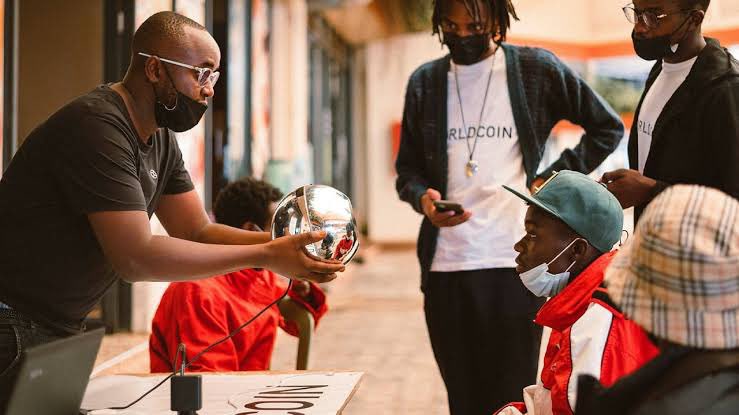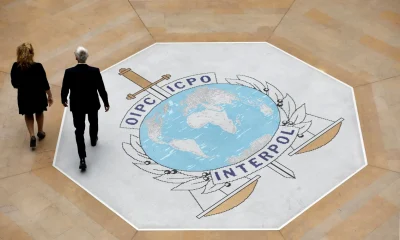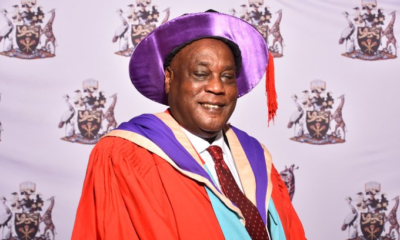The government has sought the intervention of Interpol over the activities of Worldcoin even as it emerged that there is a direct link between cryptocurrency, money laundering and the financing of terrorism.
This came on the day Interior Cabinet Secretary Kithure Kindiki told MPs that the government had initially detained Worldcoin American citizens who are behind the project as they tried to leave the country in the middle of investigations.
According to Kindiki the said owners were released and allowed to go to their host country after the US government intervened and promised the Kenyan government of their availability whenever they are needed.
The CS told the MPs that the owners of Worldcoin include Tools for Humanity (TFH) registered in the US and TFH (Gmbh) registered in Germany which were co-founded by Alex Blania, a US citizen who has already been interrogated by the committee.
Defence Committee
Kindiki told MPs: “They tried to leave the country but were stopped and put in custody but the US government intervened saying they would be allowed to leave because they haven’t yet been found guilty but gave an undertaking that it will produce them when required.”
In his submission before the National Security and Defence Committee, the CS explained that the owners of Worldcoin started operating in Kenya under the guise that they were offering educational programmes on cryptocurrency.
However, he said that it is until towards the end of July 2022 where it emerged that the two US companies were engaged in the business of collecting sensitive biometric data from Kenyans by scanning their irises in exchange for cryptocurrency inducement equivalent to Sh7,000 per individual.
It is against this background that he said the government announced the immediate suspension of Worldcoin activities in the country on August 2, 2023 although according to data supplied by Blania at least 350,000 people had registered by scanning their irises in exchange for the World ID and the cryptocurrency.
Life threatening
He said: “What worries me with this particular matter is the data being collected.
The scanning of the iris is the most intrusive method I know. This is very intrusive.
Experts have told us that biologically that intrusion could be life threatening. We should be very careful to allow foreigners to come and collect data.”
Appearing before the committee chaired by Narok West MP Gabriel Tongoyo, Kindiki said that as at now, 26 statements have been recorded from witnesses and persons of interest, forty-eight (48 orbs, electronic gadgets and Worldcoin operations assorted merchandise have been recovered from agents of two companies who were harvesting biometric data, specifically the iris scanning of people in exchange for Sh7,000 worth of Worldcoin tokens.
The orbs (iris scanner) and electronic gadgets, he said, have been submitted to Communications Authority of Kenya and the Cyber Forensic Laboratory for analysis.
He said: “This will enable the investigators to ascertain the exact number of people in Kenya who were signed up and their sensitive personal data collected as well as the capability of the apparatus, possible implications and whether they were authorised for use in the Country. Pertinent documents relevant to the investigations have been recovered and are currently being analysed.”
On financing terrorism, Kindiki alluded to the fact that there is a correlation between cryptocurrency, money laundering and financing of terrorism as this sector is not regulated by the Central Bank of Kenya (CBK).
CBK, which regulates the banking industry in the country as it is in charge of the government’s monetary policy.
He explained that cryptocurrency thrives and encourages anonymity in financial transactions across borders on various online platforms which makes traceability of such financial transactions difficult and thus derogates the efforts made by the investigative agencies and the Asset Recovery Agency in tracing and recovering proceeds of crime.
Kindiki, however, said that a taskforce has already been established to develop regulations under the Computer Misuse and Cybercrimes Act, 2018, and proposed regulations to help address gaps in cybersecurity and cybercrime prevention and give full effect to the Act.
Regulatory checks
He said: “Cryptocurrency is not a legal tender and is unregulated by the Central Bank of Kenya, hence it is not criminalised by the Kenyan laws. This gap allows for the transfer and trade in crypto currency without any regulatory checks. Cryptocurrency creates easy access to finances by criminals, including terrorists and a fertile avenue for money laundering and tax evasion.”
He added: “It is a financial asset that falls outside the regulator, a gap that allows the transfer of cryptocurrency without check and balances. You can’t locate the owner because the space around its operations is shrouded in anonymity.”
But despite Kindiki’s assurances that they will nail the suspects, committee members sought to know why the government had taken long to realise the activities of Worldcoin.
Tongoyo sought to know whether the government will be able to delete the said data already collected by Worldcoin.
Kenya Insights allows guest blogging, if you want to be published on Kenya’s most authoritative and accurate blog, have an expose, news TIPS, story angles, human interest stories, drop us an email on [email protected] or via Telegram

 Investigations1 week ago
Investigations1 week ago
 Grapevine2 weeks ago
Grapevine2 weeks ago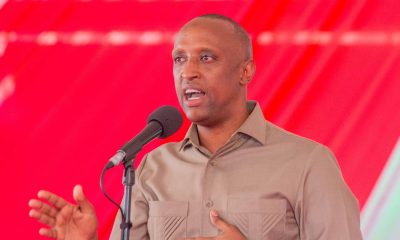
 Opinion2 weeks ago
Opinion2 weeks ago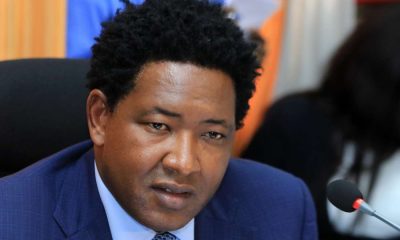
 News2 weeks ago
News2 weeks ago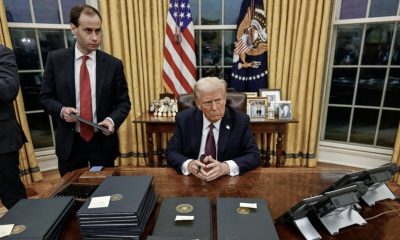
 Americas1 week ago
Americas1 week ago
 Politics4 days ago
Politics4 days ago
 News1 week ago
News1 week ago
 News1 week ago
News1 week ago
